Have you ever wondered why a cute, seemingly harmless hamster might engage in such a shocking act? It’s a topic that’s both unsettling and fascinating. Understanding this behaviour requires us to delve into the intricate world of hamster nesting habits, their diet, and the various factors that influence their actions.
Understanding Hamster Nesting Habits
Hamsters are meticulous when it comes to their nesting habits. In the wild, they create complex burrows with multiple chambers, each serving a specific purpose. This natural instinct carries over to domestic hamsters, who often exhibit similar behaviours by creating nests in their cages. A cosy, secure nest is essential for a hamster to feel safe, especially when it has a litter of babies to care for.
Typical Hamster Diet
A healthy hamster diet includes a mix of seeds, grains, fruits, and vegetables. Fresh water is a must, along with occasional protein sources like boiled eggs or mealworms. Ensuring your hamster has a balanced diet is crucial for its overall health and well-being.
Common Reasons Hamsters Eat Their Babies
Despite their nurturing instincts, there are several reasons why a hamster might eat its own offspring. Let’s explore these reasons more closely.
Stress : Just like us, hamsters can become stressed. Loud noises, frequent disturbances, or an unfamiliar environment can lead to heightened anxiety. When a hamster is stressed, it might perceive its babies as a liability, leading to the tragic decision to eat them.
Fear : Fear is another powerful motivator. A mother hamster may feel threatened by other pets or even by humans. If she senses danger, her instinct to protect her young might paradoxically result in her consuming them to prevent them from falling into the hands of a perceived predator.
Scent Confusion: Hamsters rely heavily on their sense of smell to identify their offspring. If you touch the babies, your scent can mask their natural odor. This confusion can lead the mother to reject or even eat her young, mistaking them for intruders.
Overwhelmed by Too Many Babies : Sometimes, the sheer number of babies can overwhelm a mother hamster. If she feels she cannot provide for all of them, she might cull the litter to ensure the survival of a few. It’s a harsh reality of nature’s way of balancing survival and resources.
Tips to Prevent a Hamster from Eating Its Babies
Now that we understand the reasons behind this behavior, let’s look at some practical tips to prevent it.
Maintain a Calm and Quiet Environment
Your hamster’s environment plays a crucial role in her stress levels. Ensure her cage is in a quiet, area of your home. Keep other pets away and avoid sudden loud noises.
Observe the Babies Without Touching
It’s natural for them to check on the babies, but it’s best to see from a distance. Resist the urge to handle the babies, especially in the first few weeks, to avoid transferring your scent.
Ensure Abundant Food Supply
A well-fed hamster is a content hamster. Make sure the mother hamster has plenty of food and fresh water. High-protein foods can be particularly beneficial during this time.
Environmental Factors: How the Environment Affects Hamster Behavior
The environment significantly impacts a hamster’s behavior. A cramped or dirty cage can cause stress, leading to negative behaviors. Ensure the cage is spacious, clean, and equipped with plenty of nesting materials. Regular cleaning and a consistent routine can help maintain a sense of security for your hamster.
Hamster Species Differences
Different hamster species can exhibit varying behaviors. For instance, Syrian hamsters are solitary and might be more prone to stress if housed with other hamsters. Dwarf hamsters, on the other hand, are more social and might have different nesting and parenting behaviors.
Understanding the specific needs and traits of your hamster’s species can help you provide the best care.
Common Misconceptions
There are several myths surrounding this behavior. A common misconception is that hamsters eat their babies out of malice. In reality, this behavior is often a desperate survival tactic driven by instinct. Another myth is that all hamsters will eat their young, which is not true.
Many hamster mothers successfully raise their litters without any issues.
Conclusion
While the idea of a hamster eating its babies is disturbing, understanding the underlying reasons can help you create a safer and more nurturing environment for your pet. By maintaining a calm and quiet space, avoiding direct handling of newborns, and ensuring a plentiful food supply, you can minimize the risk of this behavior.
Remember, being informed and attentive to your hamster’s needs goes a long way in fostering a happy and healthy home for both the mother and her babies.



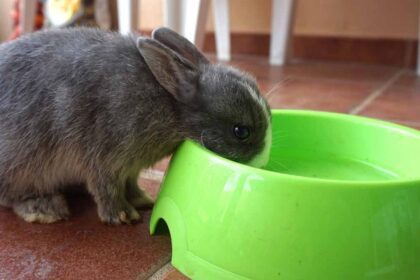

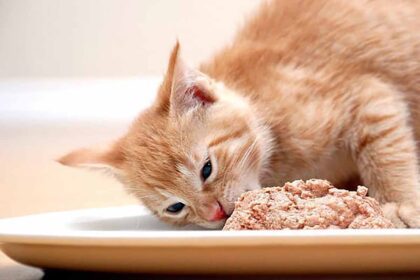
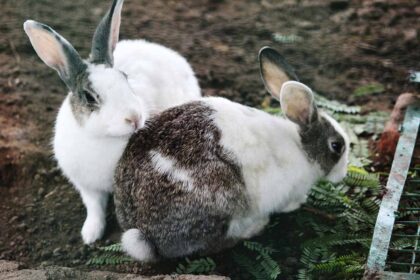



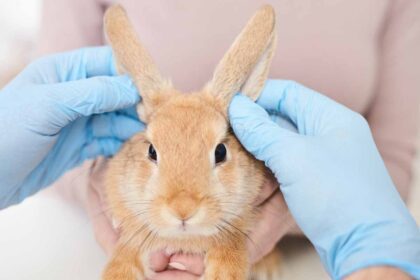
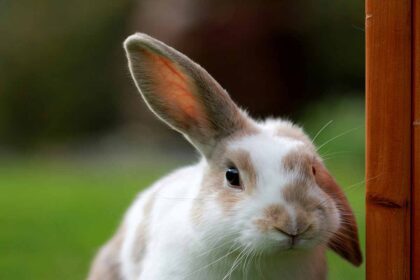
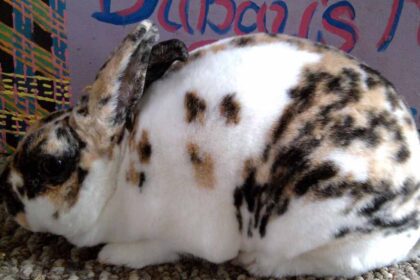

Comments are closed.